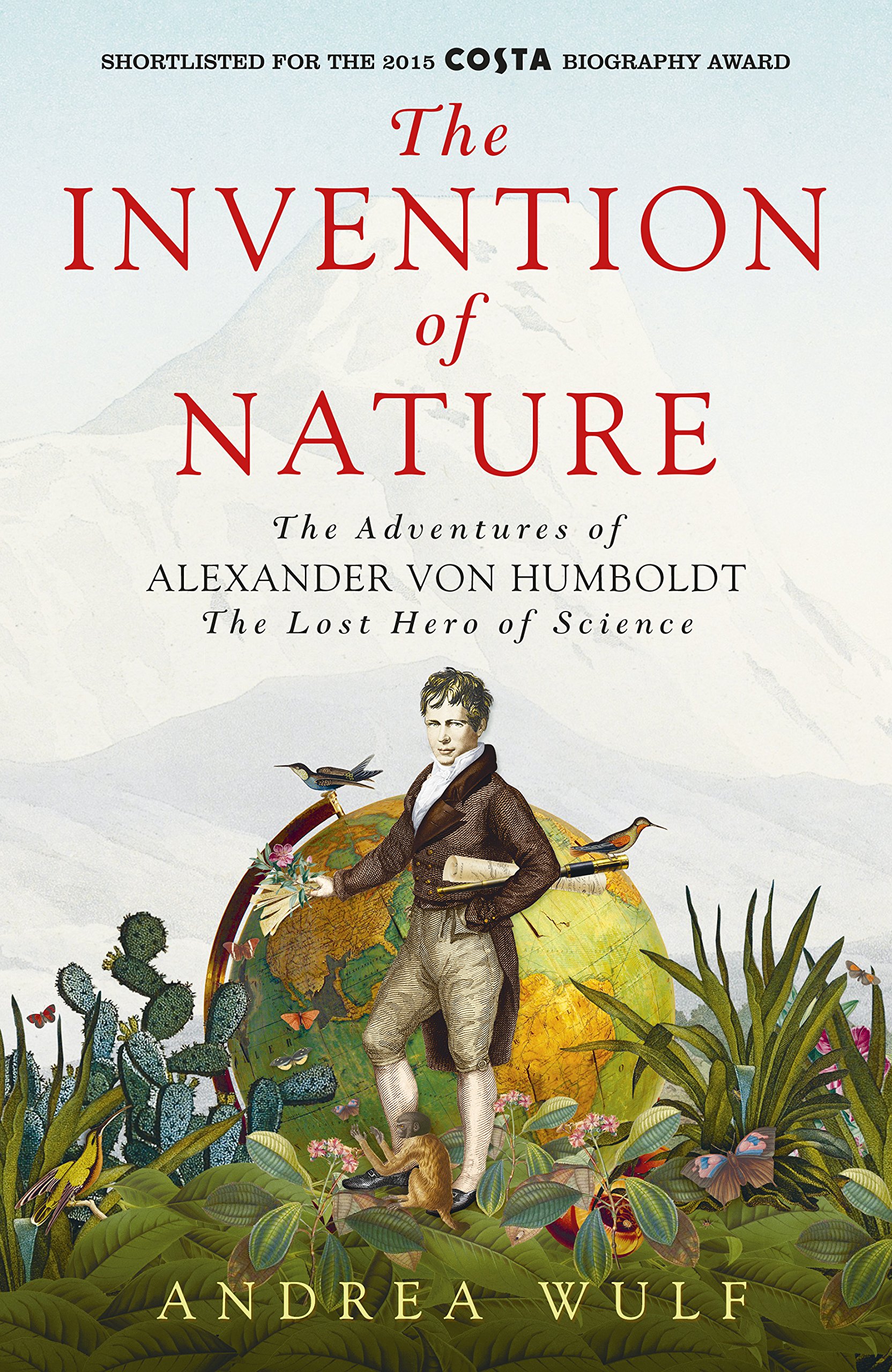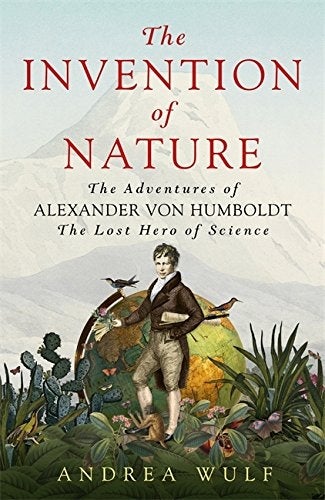

Wulf discusses Humboldt's personal correspondence and influence on a young Charles Darwin, who attributed to Humboldt the inspiration for an interest in natural science leading to his voyage on the Beagle. As Bolivar begins to plan and execute revolutions in South America, Humboldt publishes a series of books on the politics of Latin America that criticize colonialism. At this point he begins to work on several manuscripts based on his travels. Humboldt returns to Prussia, to earn a salary in the King's court before returning to Paris. While in France, he meets a young Simon Bolivar, who is impressed with Humboldt's knowledge and passion for his home country of Venezuela, and they discuss South American politics. He lives as an expat in Paris for seven months as he finds the city and its scientific culture more stimulating than that of Berlin. Humboldt returns to Europe where he is greeted as a celebrity. The trip concludes with his visit to the United States where he visited the White House to discuss science and politics with Thomas Jefferson before returning to Europe. Humboldt climbs Chimborazo, a volcano in the Andes, which was then believed to be highest mountain in the world. He chronicles his travels and the measurements he obtained using scientific instruments in his journals.

He brought with him a plethora of scientific instruments. Humboldt arrives in Venezuela with his companion Bonpland and begins his journey through Central and South America. His mother's death allowed him the freedom and financial independence needed to journey to the New World.

As a young man, Humboldt became friends with Goethe and other German intellectuals. His mother, on whom he was financially dependent, insisted he become a civil servant. As a child his interests in nature and travel were not taken seriously. Wulf describes Humboldt's childhood with his emotionally distant mother.

Wulf makes the case that Humboldt synthesized knowledge from many different fields to form a vision of nature as one interconnected system, that would go on to influence scientists, activists and the public. The book follows Humboldt from his early childhood and travels through Europe as a young man to his journey through Latin America and his return to Europe. The Invention of Nature: Alexander von Humboldt's New World is a nonfiction book released in 2015, by the historian Andrea Wulf about the Prussian naturalist, explorer and geographer Alexander von Humboldt.


 0 kommentar(er)
0 kommentar(er)
